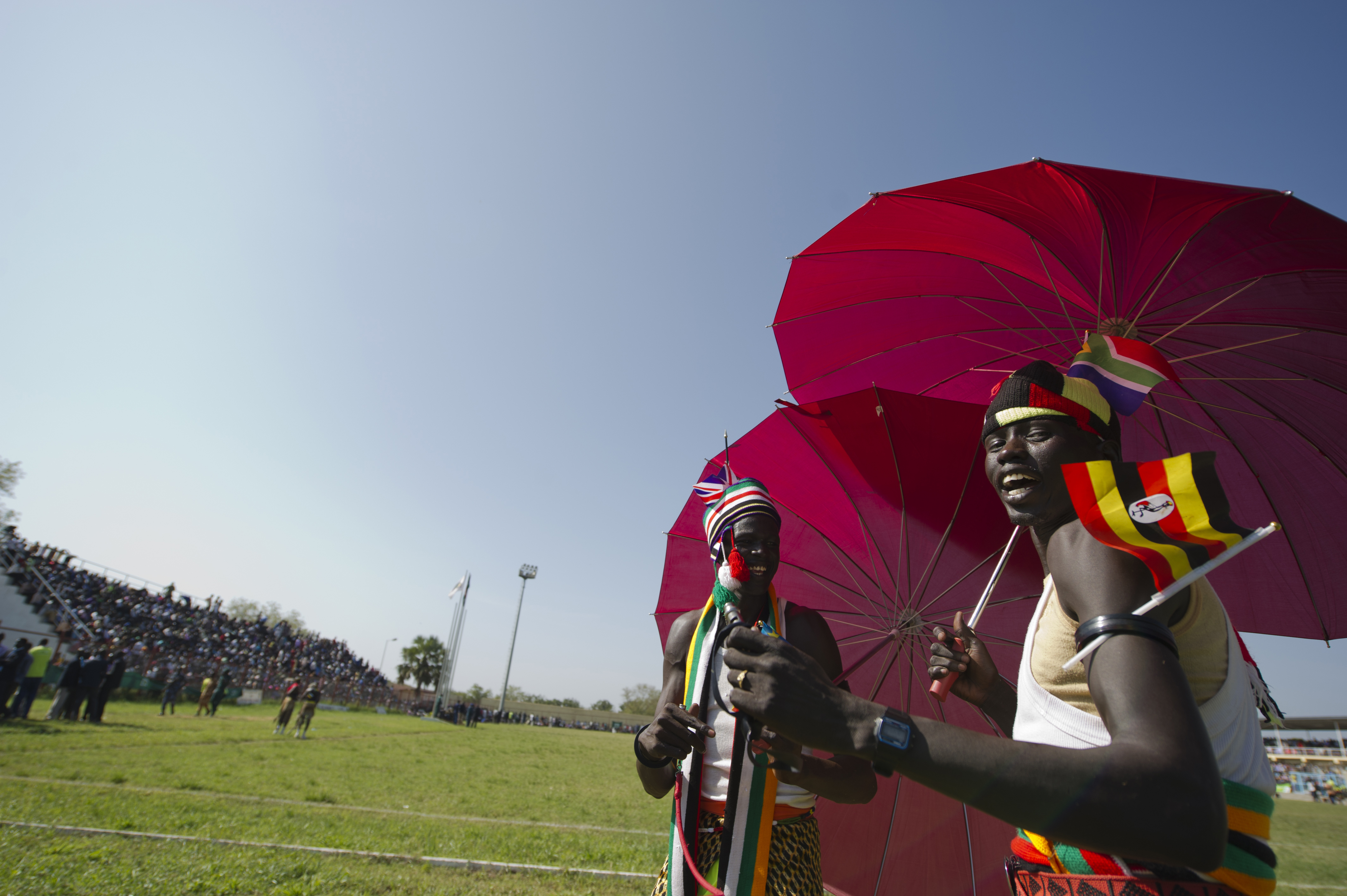Three from the NatGeo blog: On the trail of endangered pangolins from Africa to restaurants in China; wrestling as peacebuilding in South Sudan; and an unprecedented scientific investigation into neonatal death in Bangladesh, India, and Pakistan.
Kony 2012: A View from Northern Uganda

The release this week of the video Kony 2012 and a viral social media campaign by the American NGO Invisible Children has jacked awareness of the vicious Ugandan rebel group the Lord’s Resistance Army into the stratosphere. It’s also provoked a significant backlash from experts who say the film is simplistic, manipulative, and that it narcissistically focuses on the filmmakers themselves over their African subjects. Invisible Children has responded to some of that criticism, and debate over the film and its prescriptions continues across the web, much of it under the Twitter hashtags #Kony2012 and #StopKony.
In this post, which first appeared at National Geographic, my friend Anywar Ricky Richard, a former child soldier of the Lord’s Resistance Army, and director of the northern Ugandan organization Friends of Orphans, responds to the clamor: Continue reading “Kony 2012: A View from Northern Uganda”
Praise for The Black Nile
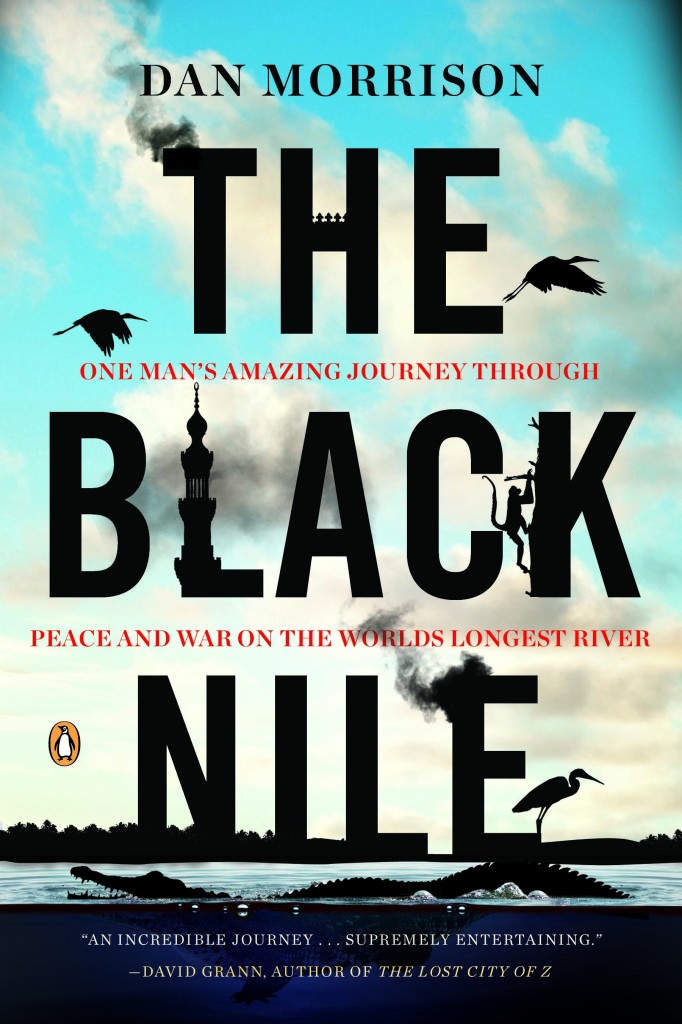 From a “nomad who pursues every form of transportation imaginable to follow Africa’s longest river,” The Black Nile is “an evocative piece of reporting…a portrait of a fractured country just one spark away from a renewal of hostilities.” –Joshua Hammer, The New York Times Sunday Book Review
From a “nomad who pursues every form of transportation imaginable to follow Africa’s longest river,” The Black Nile is “an evocative piece of reporting…a portrait of a fractured country just one spark away from a renewal of hostilities.” –Joshua Hammer, The New York Times Sunday Book Review
Beautifully written. A masterful narrative of investigative reportage, travel writing, and contemporary history. . . . The Black Nile is all at once thrilling, sad, and—most of all—thoughtful. —The Daily Beast
Dan Morrison takes the reader on an incredible journey in The Black Nile. Weaving together intense travel writing and history, he has produced a supremely entertaining work, and also an important one. —David Grann, author of The Lost City of Z
Part On the Road, part Fear and Loathing in Africa, Dan Morrison takes us with him on his journey down the Nile–teaching us, by example, to be explorers of both the world and ourselves. —Kevin Sites, author of In the Hot Zone: One Man, One Year, Twenty Wars
Two States: Mass Murder in South Sudan
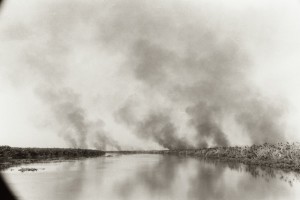
This piece first appeared at National Geographic.
An obscure indie-rock b-side kept running through my head last January as I hopped from city to city reporting on South Sudan’s freedom referendum.
The song was Two States, by the band Pavement. The words were simple, the music jaunty and driven.
Two states. We want two states.
North and south. Two states.
Forty million barrels!
Forty million barrels!
The lyrics seemed shockingly, if accidentally, appropriate to the break-up of Africa’s biggest country, and the high-stakes competition for the valuable oil located on Sudan’s contested north-south border. I grinned as the song persisted during my travels in Khartoum, Malakal, and Juba. After decades of civil war and life as second-class citizens, more than 98 percent of southern voters chose to leave Sudan and become masters of their own destinies.
But the chorus I recalled was wrong, misheard many years ago and never corrected.
The accurate chorus, tragically, is perhaps more fitting to the independent Republic of South Sudan than those I had imagined. It goes:
Forty million daggers!
Forty million daggers!
South Sudan is at war with itself. Continue reading “Two States: Mass Murder in South Sudan”
The Nile: Five Forgotten Cinematic Jewels
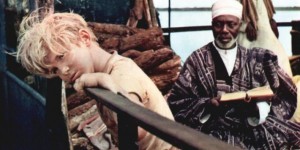 Forget Agatha Christie’s Hercule Poirot unraveling the deadly mendacities of a steamer full of wealthy foreign tourists. Divorce your gaze from the spray-tanned Elizabeth Taylor and her cast of genuflecting thousands. For a cinematic glimpse of what life was like along the Nile in the glorious old and not-so-old days, check out these overlooked classics of exploration, identity, betrayal, and fear on the world’s longest river. (A video slideshow at the Huffington Post.)
Forget Agatha Christie’s Hercule Poirot unraveling the deadly mendacities of a steamer full of wealthy foreign tourists. Divorce your gaze from the spray-tanned Elizabeth Taylor and her cast of genuflecting thousands. For a cinematic glimpse of what life was like along the Nile in the glorious old and not-so-old days, check out these overlooked classics of exploration, identity, betrayal, and fear on the world’s longest river. (A video slideshow at the Huffington Post.)
September 11: A Conspiracy Colonel in Darfur
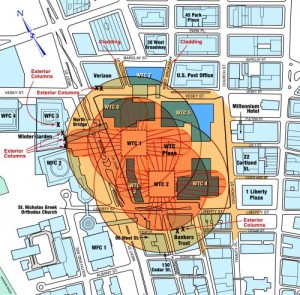 It was mid-February, 2006, and western Darfur was hot as fire. The colonel was an American. He’d been seconded to the region’s doomed African Union peacekeeping mission, one of dozens of Western military personnel – Canadians, Germans, French airmen in smart blue jumpsuits, even a lone Cuban (compared with Sudan, Cuba is definitely the West) – serving as advisors to the underpaid and underequipped African Union force.
It was mid-February, 2006, and western Darfur was hot as fire. The colonel was an American. He’d been seconded to the region’s doomed African Union peacekeeping mission, one of dozens of Western military personnel – Canadians, Germans, French airmen in smart blue jumpsuits, even a lone Cuban (compared with Sudan, Cuba is definitely the West) – serving as advisors to the underpaid and underequipped African Union force.
I can’t recall where the colonel was from. He and his family were based in Italy and they hated it. “It’s the language,” he said. “And it’s the food. My kids don’t like the food. Neither does my wife. Or me, for that matter. It’s a lot of McDonald’s, that’s how we’re getting by.”
Continue reading “September 11: A Conspiracy Colonel in Darfur”
An Interview with the Huffington Post
Travel, literature, and a little too much gunfire: Andrew Burmon talks with Dan Morrison about The Black Nile.
Leaving South Sudan with a Broken Gear Stick
 * Cruising on jellied asphalt through the northern badlands of South Sudan when the unthinkable happens. An excerpt from The Black Nile on NationalGeographic.com
* Cruising on jellied asphalt through the northern badlands of South Sudan when the unthinkable happens. An excerpt from The Black Nile on NationalGeographic.com
* In Cairo, riots, repression, and a room full of dancing men. A diverting excerpt from The Black Nile, courtesy our friends at Swink Magazine in Los Angeles.
Southern Kordofan: No backing down
The northern wing of the Sudan People’s Liberation Movement has issued a strong statement committing itself to the Garangist vision of a reformed Sudan, with “No Compromise, No Retreat” in Southern Kordofan. Today’s statement comes after a two-day meeting attended by Blue Nile state governor Malik Agar, Southern Kordofan commander Abdelazis El Hilu, and SPLM Secretary General Yasir Arman.
The SPLM says that any peace negotiations must take place outside Sudan, under the auspices of a third-party mediator. President Omar al Bashir’s position is the opposite: Negotiations will take place only in Sudan, he says. The SPLMN’s full statement is below.
Sudan: The UN’s report on Southern Kordofan
I’ve received a copy of the United Nations Mission in Sudan’s June human rights report on fighting in Southern Kordofan. It’s received coverage recently by the New York Times, the Guardian, and the Associated Press, among others. Still, it’s worth reading all 19 pages.
The document, which I am posting below, is detailed and grim. It confirms earlier reports of the existence of mass graves, a racial murder spree by Khartoum’s army, and the targeting of civilians by the Sudanese Armed Forces and its related militias and police.
Continue reading “Sudan: The UN’s report on Southern Kordofan”

